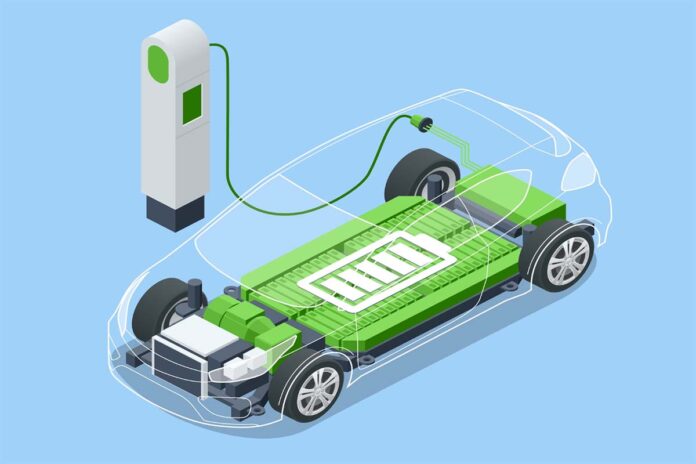
The Ministry of Heavy Industries (MHI) on 2nd November announced a list of safety tests that will be compulsory for electric vehicles (EV) manufacturers from April 2023 to obtain subsidies under various EV promotion schemes. These tests will enhance human safety of the battery used in these vehicles by needing checks at three levels – the battery pack, battery management system (BMS) and the cell, as per a circular from the ministry.
This comes at a time when many have raised questions around safety standards of EVs sold in India following a spate of incidents of these vehicles spontaneously bursting into flames, leading to the loss of multiple lives.
“To safeguard human safety, certain tests which are done internationally will be made mandatory from 1st April 2023 for claiming incentives (or) pay-outs under the PLI schemes for automobile and auto components, ACC and FAME II scheme being implemented by MHI,” read the circular.
PLI stands for the production-linked incentives scheme announced by the governments that promotes local manufacturing of technology-intensive products trough target-based pay-outs. MHI will be implementing a PLI scheme for the automotive industry as well as for advanced chemistry cells (ACC) that find uses in electric vehicles as well as other consumer products.
FAME II (Faster Adoption and Manufacturing of Electric and hybrid vehicles) scheme distributes subsidies to buyers of EVs to encourage their adoption. The new provisions include six tests at the cell level, 10 tests at the BMS level and five tests at the battery pack level. EV makers welcomed the new standards as they will help increase the safety of these new technology vehicles and help enhance consumer confidence in the long run.








